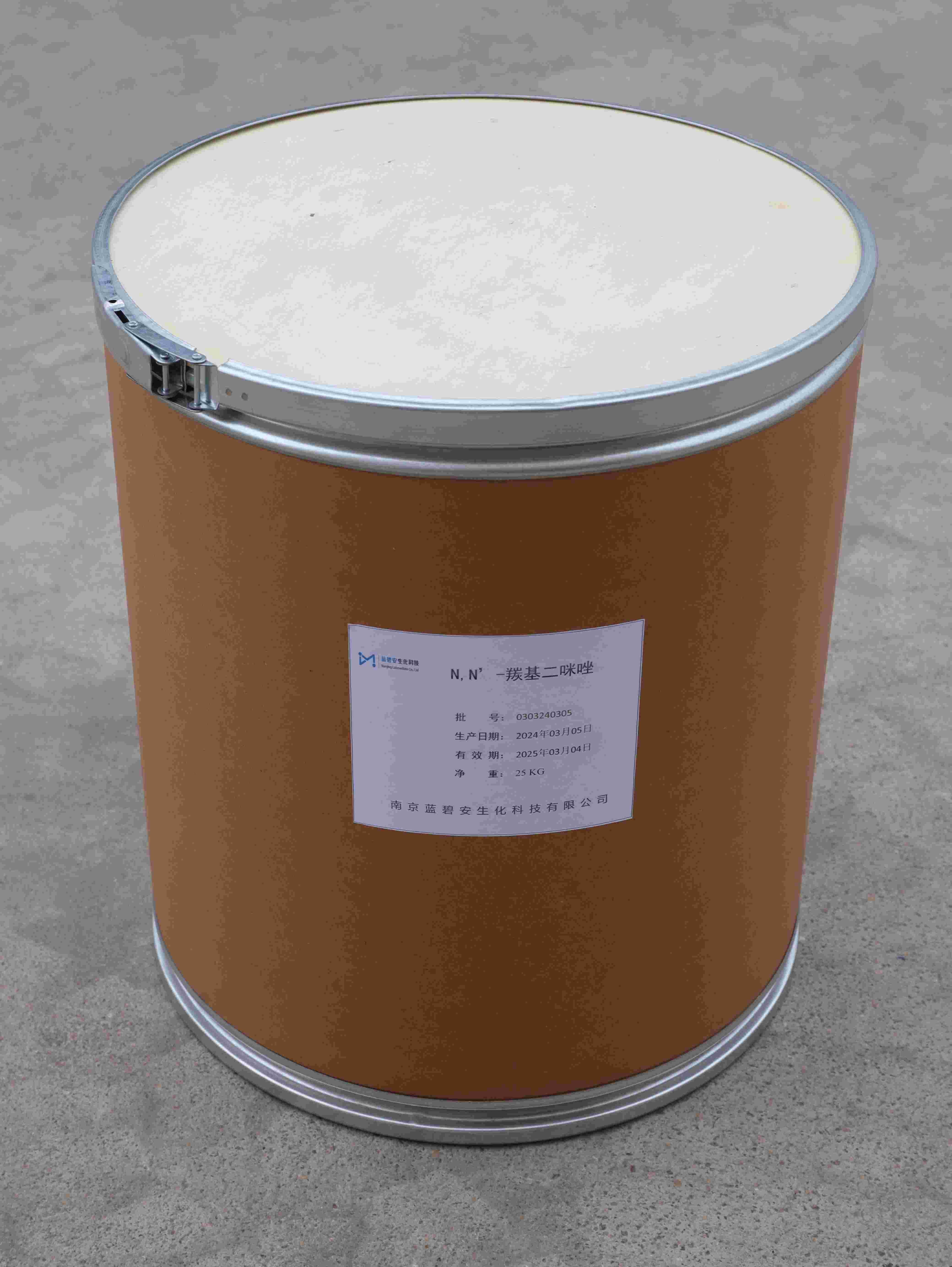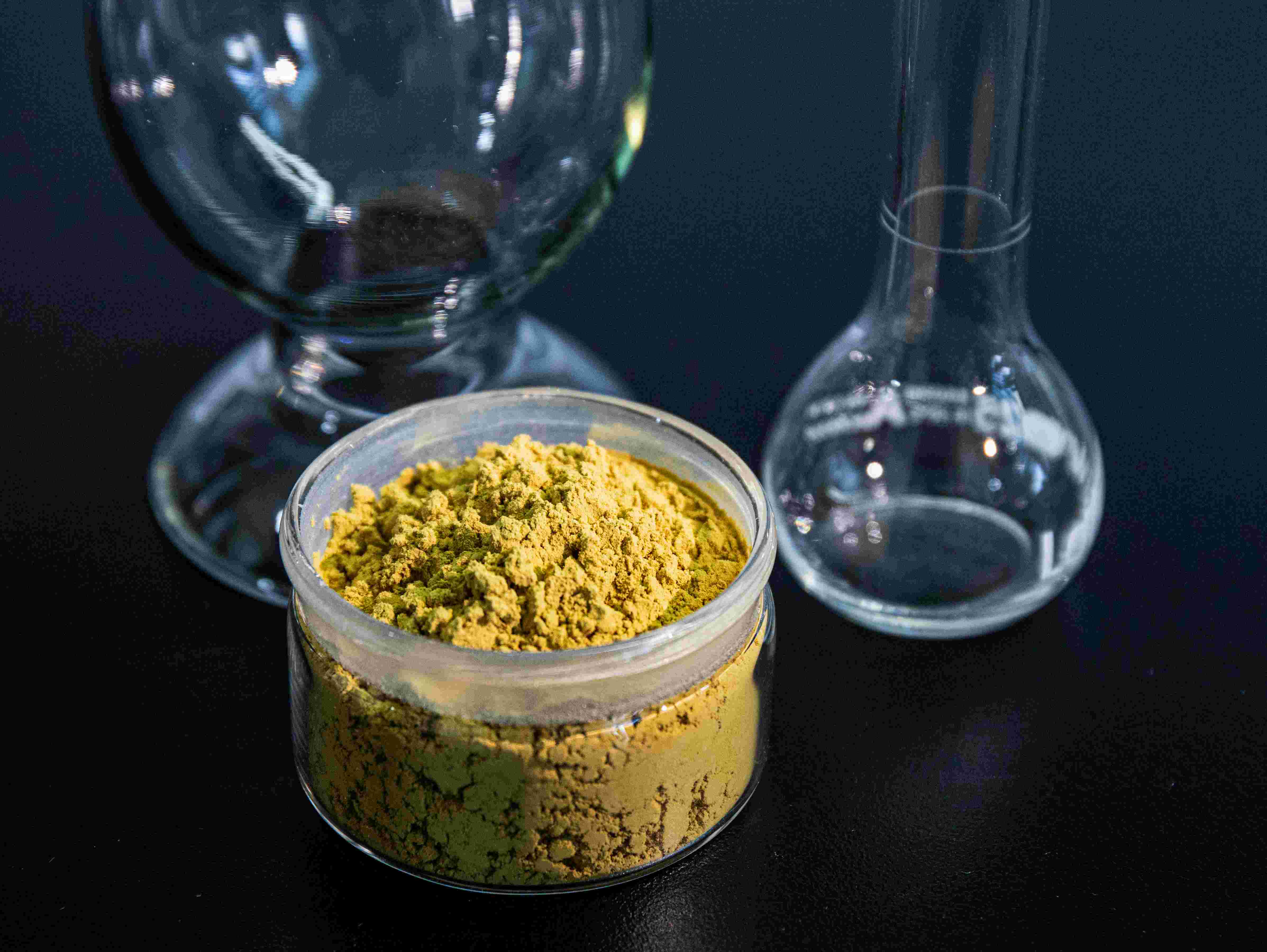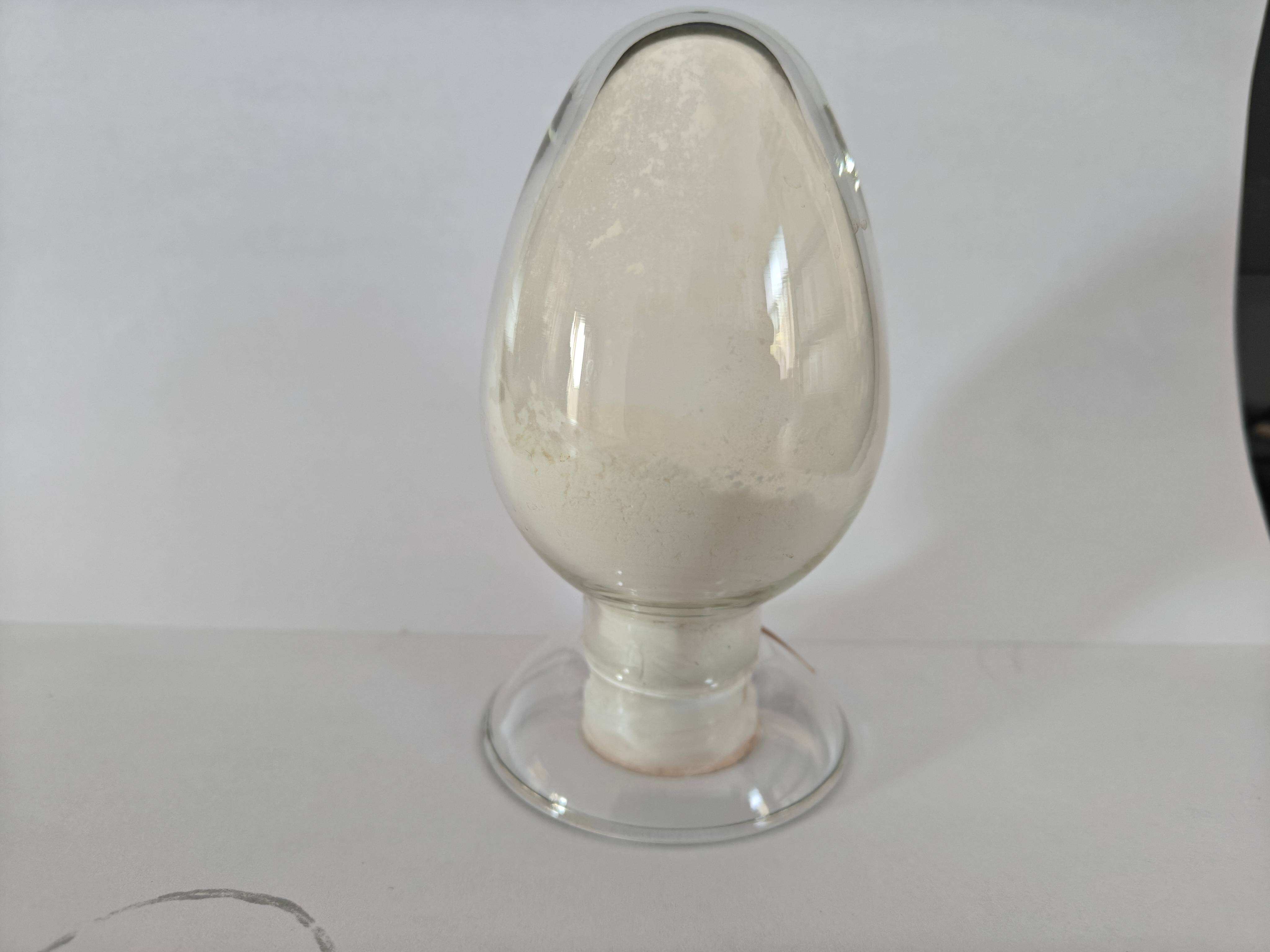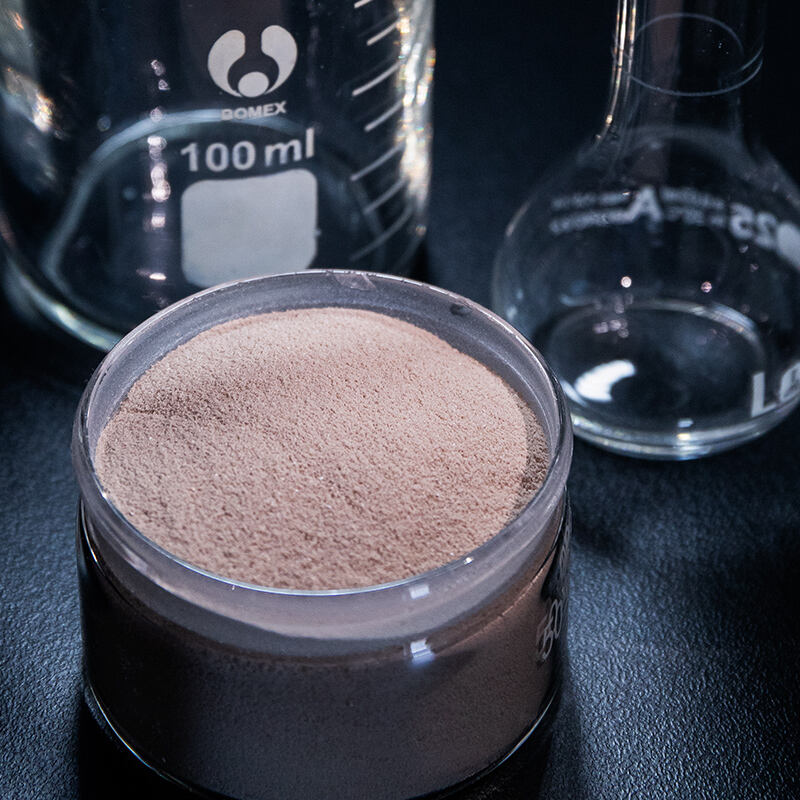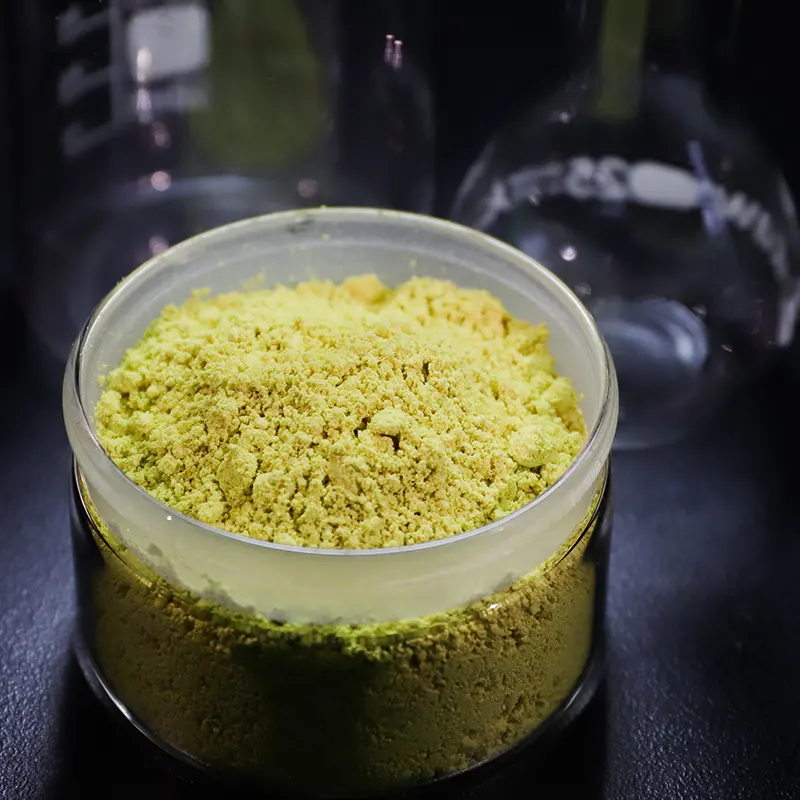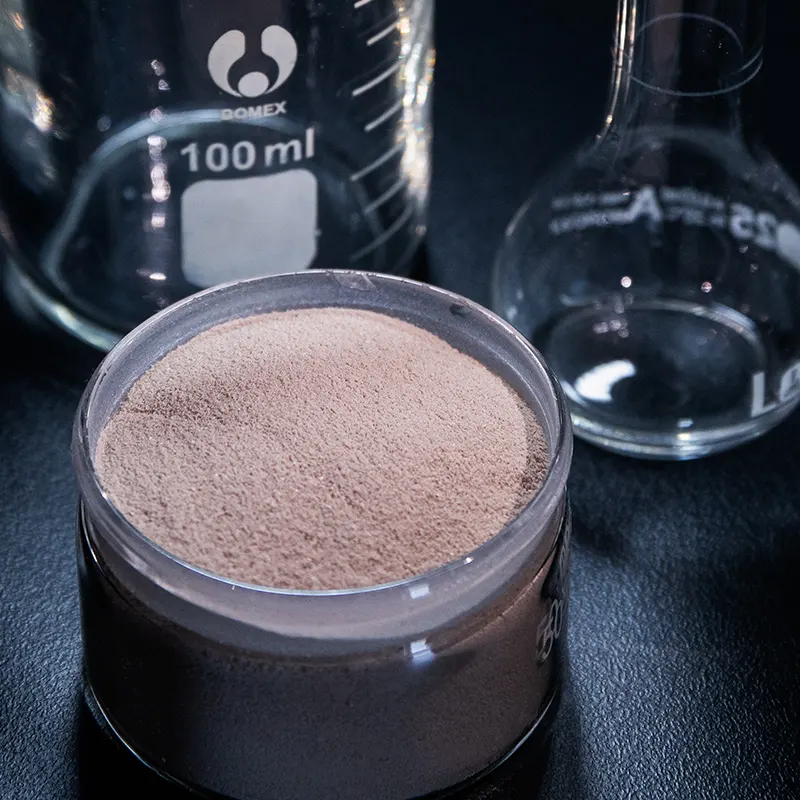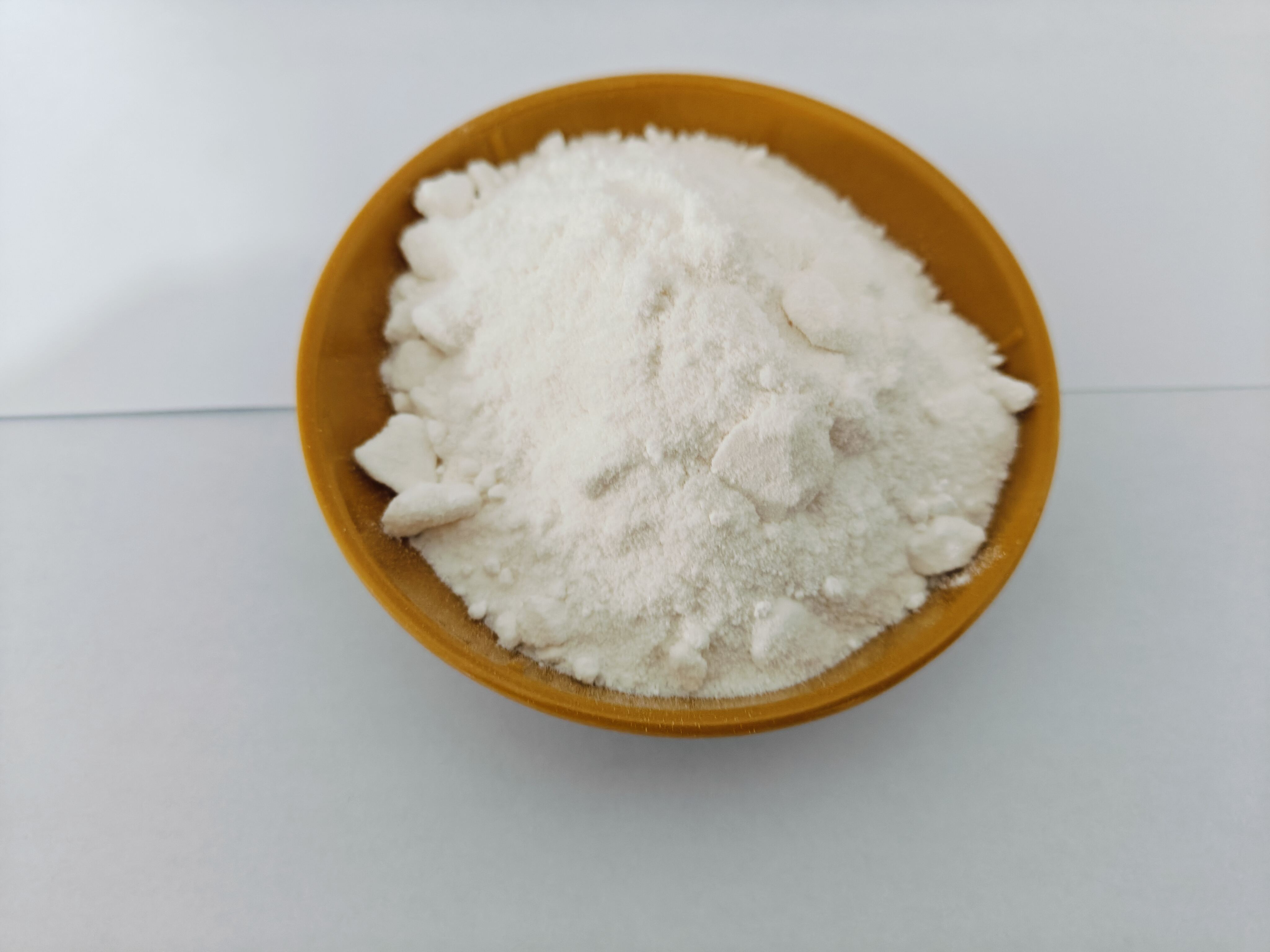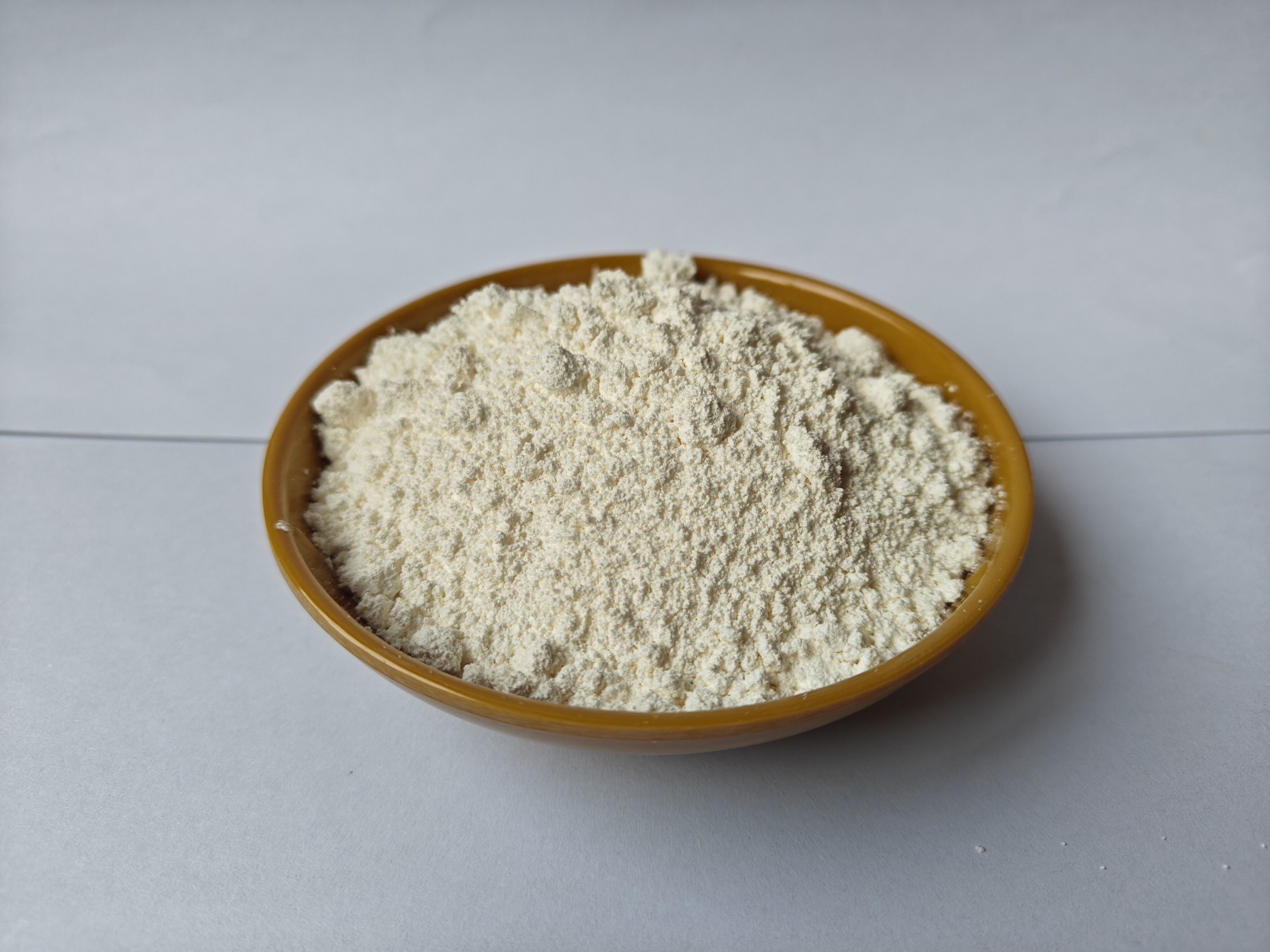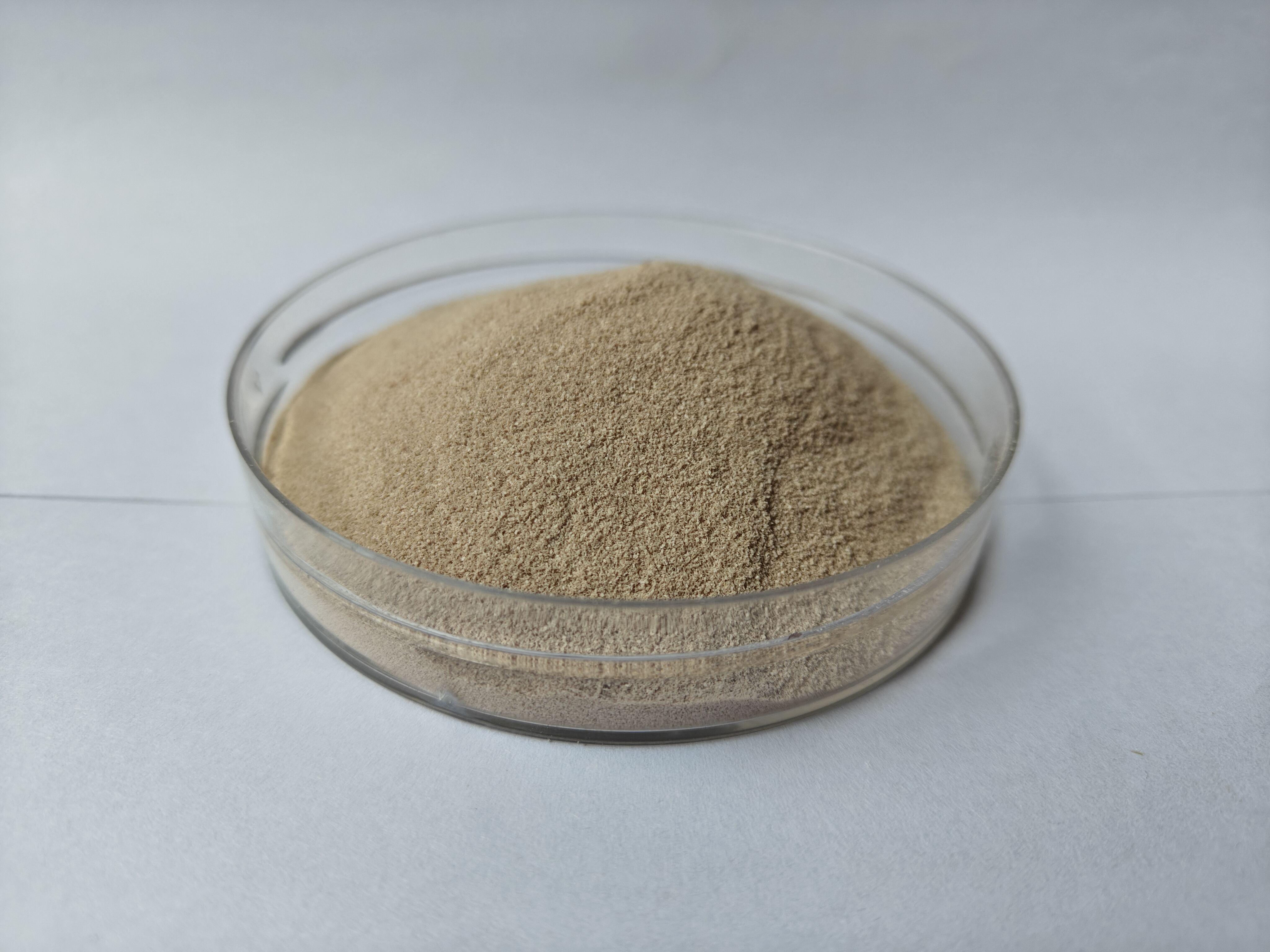формовачно налягане
Давният налив е критически параметър в производствените процеси, които включват прилагането на сила по време на формирането на материали в желани форми. Този фундаментален аспект на операциите по наливно формуване гарантира правилно протичане на материал, компактна плътност и качеството на крайния продукт. Давнието, приложено по време на формуването, значително влияе върху механичните свойства, повърхностната отделка и размерната точност на готовите продукти. Съвременните системи за давно налив инкорпорират продължени датчици и механизми за управление, които позволяват прецизно регулиране на давнието през целия цикъл на формуването. Те могат да се адаптират към различни материали, включително термопластове, термоизтегляеми вещества, метали и композитни материали, което ги прави универсални за различни производствени приложения. Технологията зад давнието налив се е развила до включване на възможности за реално наблюдение, анализ на разпределението на давнието и автоматични функции за корекция, които поддържат оптимални нива на давнието по време на производството. Това гарантира консистентност в качеството на продукта и намалява отпадъците поради дефекти. Приложението на давно налив се разпространява в много индустрии, от производство на автопartii до произвеждане на потребителски електроника, фабрикация на медицински устройства и авиационни компоненти.

